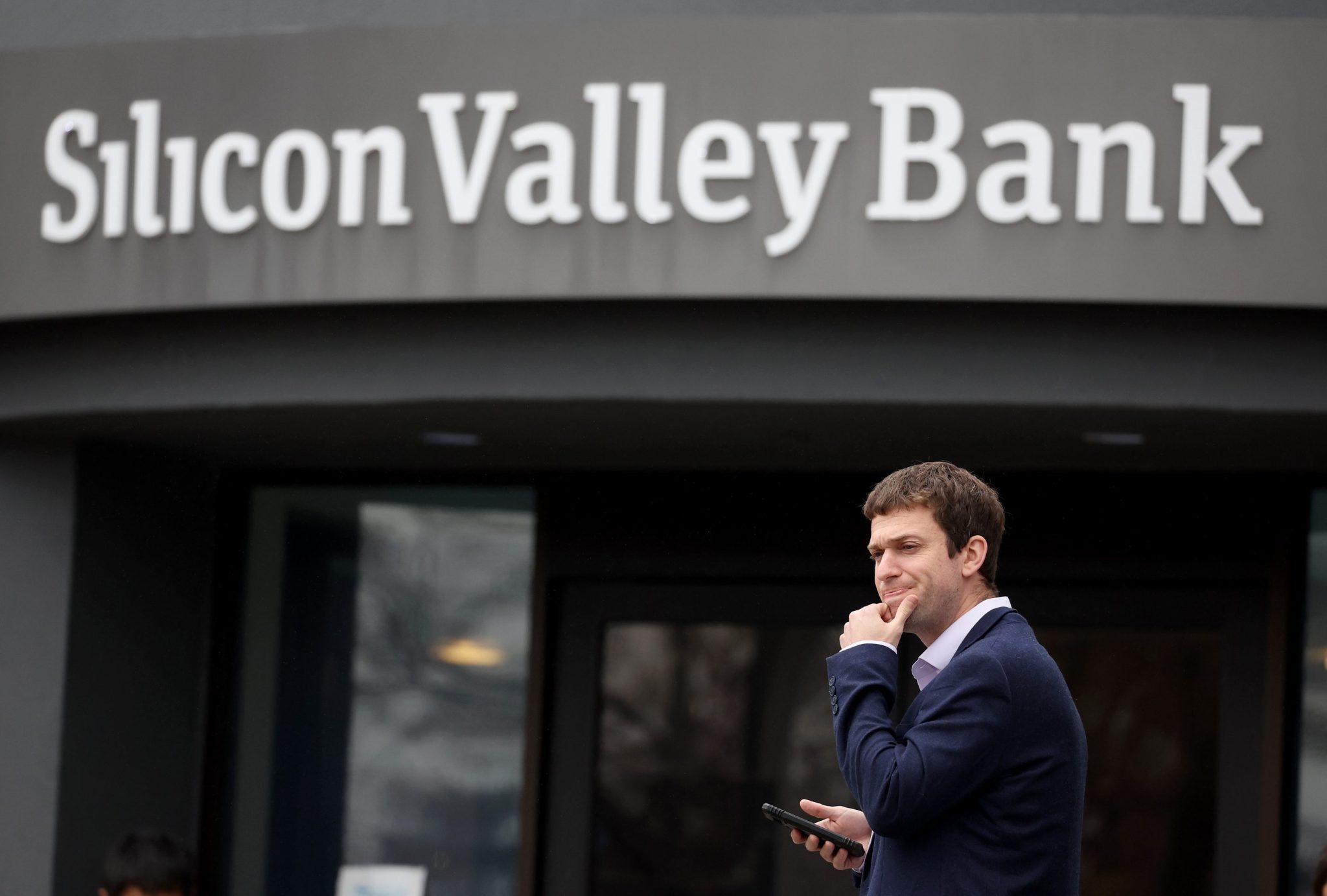
Following a head-spinning several days in the saga of the Silicon Valley Bank collapse, here’s where things stand today, for customers in various affected countries:
- Having failed to find a buyer for the stricken bank, the U.S. Federal Deposit Insurance Corporation (FDIC) has created a “bridge bank” under the leadership of former Fannie Mae CEO Tim Mayopoulos. SVB’s U.S. depositors and borrowers are now customers of Silicon Valley Bank, N.A., and can access their funds and make payments.
- The U.K. government has arranged the sale of SVB’s local branch to Europe’s largest bank, HSBC, for a token £1 ($1.21)—more on that below. Customers’ deposits are now safe and business can theoretically continue as usual. HSBC said the operation had loans of around $6.6 billion and deposits of around $8.1 billion.
- Canada’s Office of the Superintendent of Financial Institutions (OSFI) has taken control of the local SVB unit—which did not take deposits—to protect its creditors.
- Germany’s Federal Financial Supervisory Authority (BaFin) has provisionally closed SVB’s German branch for business. Again, this unit did not take deposits. BaFin said the Frankfurt-based branch had total assets of around $841 million and told me SVB’s customers can and must continue making payments.
- Many tech startups in China have SVB accounts. The bank also has a joint venture with Shanghai Pudong Development Bank, which says the venture remains unaffected.
In the vibrant tech hub that is Ireland, many startups with U.S. investors, or those that have expanded into the U.S., are exposed to the SVB mothership. Some also had deposits with SVB U.K.—and are now HSBC customers.
“Silicon Valley Bank has been a great partner for the technology ecosystem, both in the U.S. and increasingly in Europe, over the years,” Brian Caulfield, a partner at Molten Ventures and chair of the startup advocacy nonprofit Scale Ireland, told me this morning. “It’s probably one of the very few banks anywhere that really understood technology and was happy to bank the technology sector, and more importantly to lend to the technology sector.”
And there’s the rub: Although he notes “an awful lot of people will certainly be breathing a huge sigh of relief” at the U.K. government’s swift brokering of the British unit’s sale, Caulfield is cautious about what it may be like for the tech industry to deal with relatively conservative HSBC.
“The hope for a lot of people is that [HSBC] will retain the Silicon Valley Bank theme and look to operate the business in broadly speaking [the same] way it has been operated to date, but benefiting obviously from a much larger, much more diverse balance sheet—so that is potentially a good outcome for the sector,” Caulfield said. “If however, they were to adopt a more conventional approach to banking the sector, then it could be bad news in terms of the loss of a very good partner for the ecosystem.”
There are a number of smaller private debt providers in the market, he added, “but in terms of a scale player that really knew how to evaluate and underwrite the risks associated with technology businesses, there’s really nobody to touch Silicon Valley Bank.”
Startups and VCs in many countries—not least the U.S., where the other side of the “bridge bank” bridge remains hazy—will have similar concerns. The banking sector has more immediate worries, of course, and you can read our further coverage of the rapidly evolving situation here.
Want to send thoughts or suggestions to Data Sheet? Drop a line here.
David Meyer
Data Sheet’s daily news section was written and curated by Andrea Guzman.







